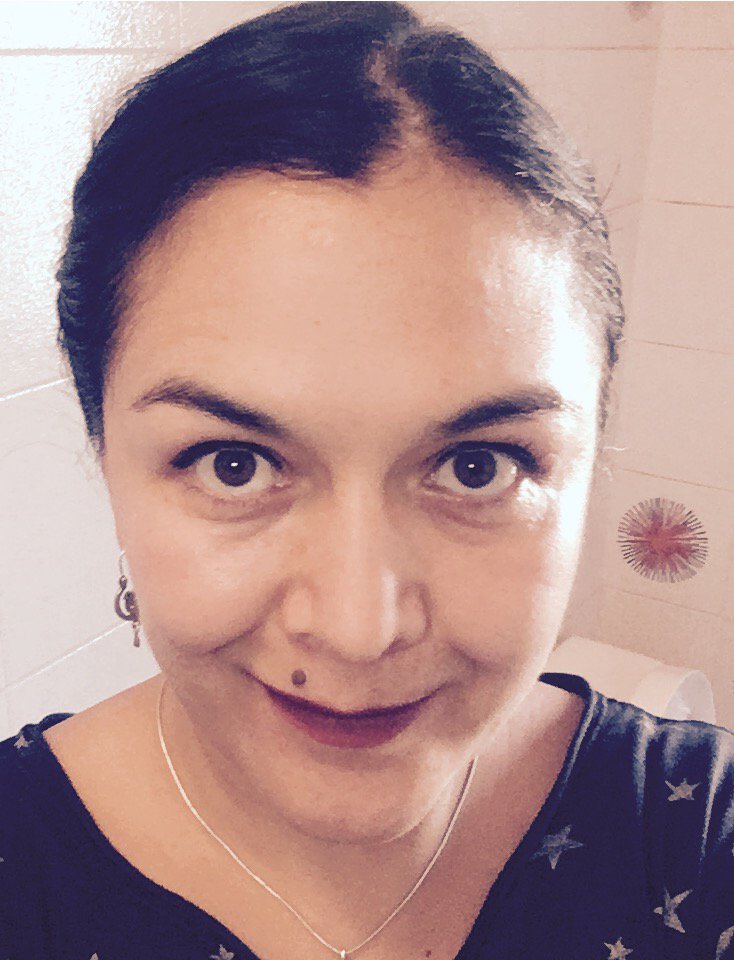Sol Henaro

Last month I attended the CIMAM Annual Conference for the first time. For many years I have gathered my own expectations about CIMAM, and the theme of this edition was an important incentive to apply to the travel grant and be able to attend this year’s Annual Conferences: The Roles and Responsibilities of Museums in Civil Society.
My professional duties are directly imvolved with a permanent ethical-political positioning, and I’ve always tried to invoke this facet into different areas of my practices: teaching, research, cultural management, curatorial practice. Although it was really significant to attend and experience the way CIMAM´s operate, the power of criticism in most of the presentations were very restrained for such an urgent matter. What was more interesting to me, beyond the presentations, was CIMAM´s own functioning structure: its organization, the constituent agents, the political agendas, the networking. I understand that it´s always hard to fulfill everyone’s expectations in three days; combining such energies, positioning and provenances. I’m really conscious about this and I applaud the big economic and management effort organizing and event like this takes. However -and being completely honest – I believe there is something that doesn’t completely work, not only at CIMAN, but in almost every intensive symposium that is carried out in geographical contexts by edition. I understand the huge opportunity that is brought to us by allowing us to have an imprint of the artistic scene of the visited context, but I always get the impression that I’m only seeing a glimpse of the works, without being able to feel the true spirit of the projects.
As a respectful suggestion, I would consider commissioning a local agent (active curator) with a presentation in the auditorium where he/she condenses a revision of the most representative scene of the local venue (curators, artists, public and private institutions, independent spaces). A kind of diagram or constellation as an access key to the local scene. I would also like to highlight the responsibility with which Agustín Pérez Rubio, MALBA´s director, faced his figure as tutor of those of who received the travel grant (MALBA-Fundación Constantini). He was not only warm but procured an interconnection environment between the participants, especially the Latin American colleagues.